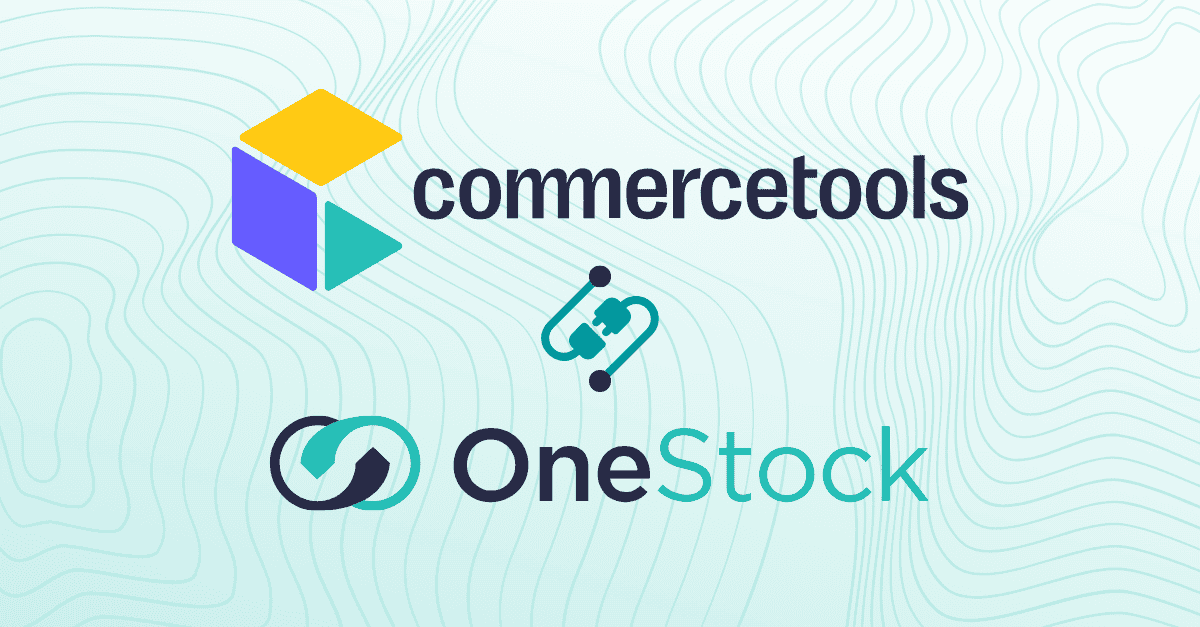
The symphony of orders: OneStock’s order orchestration
The way a business strategically orchestrates omnichannel orders will determine the success of its operations. OneStock expertly handles the complexities of order processing through our Order Management System’s orchestration capabilities that guarantee speed, precision and customer satisfaction.
Understanding order orchestration
Order orchestration is the strategic coordination of every facet of the order lifecycle, from order placement to fulfilment. It replaces manual order processing, which creates bottlenecks in order execution, increases errors and limits the scalability of e-commerce businesses.
Order orchestration involves the synchronisation of inventory across channels, the intelligent routing of orders, and the seamless integration of data to provide a unified view of the entire order lifecycle. This process ensures each order is fulfilled with speed and precision to achieve customer satisfaction.
Order orchestration is highly influenced by logistics organisation, but also by consumer behaviour. Fast deliveries and seamless shopping experiences are expected, regardless of the sales channel. Timely and accurate order fulfilment directly impacts customer satisfaction, loyalty and brand reputation. A failure to efficiently manage orders can lead to stockouts, delayed shipments and, ultimately, dissatisfied customers.
The OneStock Order Management System and its order orchestration capabilities empower businesses to synchronise inventory in real-time, dynamically optimise order orchestration, and deliver a seamless shopping experience to every customer.
A spotlight on OneStock’s Order Management System and order orchestration
At the heart of OneStock is its ability to harmonise the flow of orders coming from multiple channels.
Our unified stock feature (also known as inventory visibility) provides businesses with a comprehensive and centralised view of all stock and orders, regardless of the sales channel. This unified view breaks the silos that often plague traditional order management approaches, providing a consolidated dashboard where businesses can monitor, track and manage orders seamlessly.
This offers many benefits, ranging from enhanced visibility of order statuses to the ability to make informed decisions swiftly, ultimately leading to a superior customer experience.
The success of OneStock OMS is also driven by dynamic order orchestration, which is the ability to optimise order routing by intelligently directing orders based on real-time factors such as inventory levels, shipping costs, and geographic proximity between a fulfilment centre and the final customer. This not only enhances operational efficiency but also contributes to cost savings and improved delivery times to customers.
To successfully conduct the symphony of omnichannel orders, businesses must understand the necessity of robust integrations. These play a pivotal role in the smooth orchestration of orders. From eliminating data silos to ensuring real-time information flow, integrations form the backbone of an efficient order management process:
- E-commerce platforms: Order Management Systems require compatibility with popular e-commerce platforms to ensure a cohesive and synchronised order management experience. From established platforms like Shopify and Magento to emerging e-com players, OneStock is a versatile solution adaptable to the ever-evolving landscape of online commerce.
- Shopping carts: From cart to checkout, seamless integration with your shopping cart system ensures a frictionless customer experience. Real-world examples showcase the benefits of unified shopping cart integration, including reduced cart abandonment rates and improved customer satisfaction.
- Online marketplaces: Compatibility with major online marketplaces, such as Amazon and eBay, can facilitate operations in the context of marketplace selling, allowing businesses to expand their reach and streamline order fulfilment processes.
Order orchestration benefits in a nutshell
Order orchestration serves as the catalyst for improved logistics operations, providing businesses with a distinctive edge in the dynamic landscape of modern commerce. Here are, in a nutshell, the benefits associated to order orchestration:
- Enhanced logistics operations: Sophisticated routing capabilities efficiently manage inventory movements across stock locations, including stores, warehouses, suppliers, resellers and third-party logistics providers. This coordination allows a seamless supply chain, significantly enhancing overall operational efficiency. The result is a reduction in delays for customers, creating a competitive advantage rooted in optimised logistics.
- Support for omnichannel sales: For organisations navigating multiple sales channels, the power of orchestration becomes evident in its ability to manage orders effectively. By adeptly locating stock and identifying optimal fulfilment locations, orchestration lowers the risk of order cancellations. This not only streamlines operations but also ensures a consistent and positive customer experience across all channels.
- Agility and adaptability: Brands perpetually encounter seasonal demands, evolving market conditions and unforeseen events. Orchestration equips them with the ability to swiftly adapt to these changes, ensuring they remain agile in the face of dynamic challenges. This is a crucial element in meeting and exceeding customer needs, solidifying a genuine competitive advantage for businesses.
Order orchestration emerges not only as a functional aspect of order management systems but as a strategic enabler of competitive distinction. Its impact resonates through all the logistics and omnichannel operations that contribute to the creation of a strong competitive advantage.


